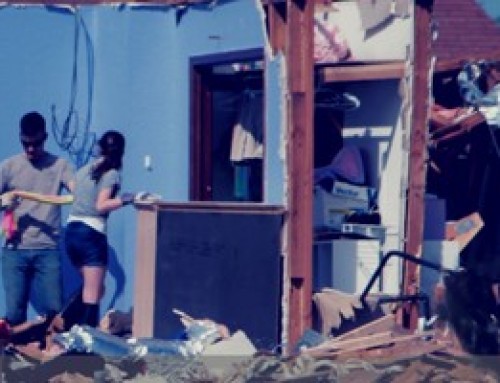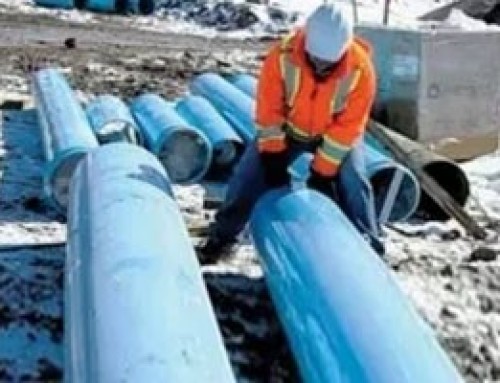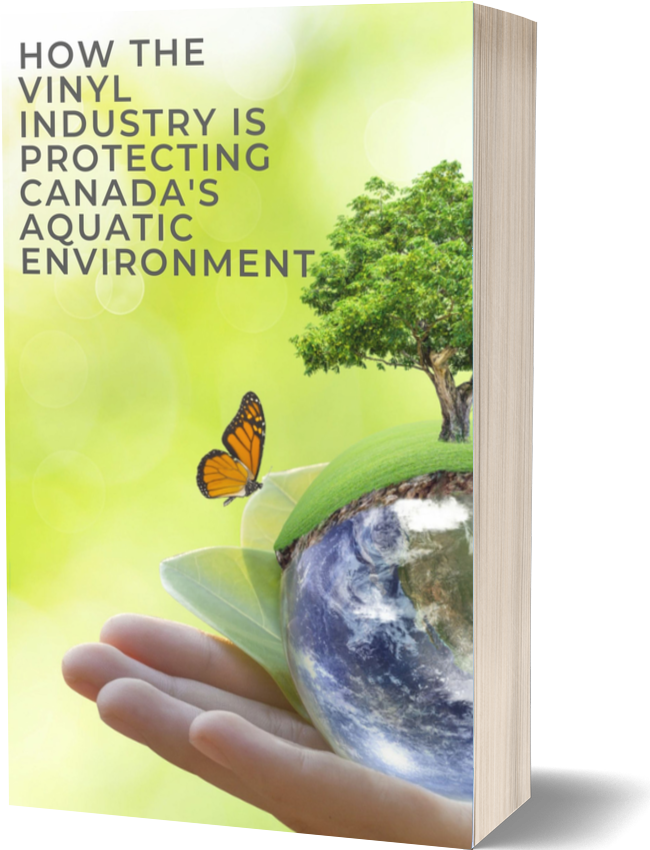When you go to a hospital with a health concern, you are trusting that you will be cared for because that’s what hospitals do, they care for people. But they don’t just stop there; they also care for the health of our planet.
Around the world, hospitals are choosing to use vinyl medical materials because of its durability, strength, and flexibility. In a recent post, we discussed some of the reasons that medical professionals choose to use vinyl in their practice, but today we are going to be talking about the sustainability of medical vinyl products and why hospitals are opting into vinyl recycling programs. We will be highlighting the PVC Recycling in Hospitals program put in place by the Vinyl Council of Australia (VCA); this program is setting an example for hospitals worldwide.
Sustaining Life With Vinyl:
It is no secret that vinyl is on the healthcare frontlines, combating illness and medical emergencies. Whether its administering medication or storing donated blood, vinyl saves lives every day. These vinyl products can be recycled and reprocessed, so they don’t have to end up in a landfill, which reduces the carbon footprint, and helps prevent more damage to the environment.
SAVING LIVES + SAVING THE ENVIRONMENT = #HEALTHYPLANETHAPPYPLANET
Sustainability starts with the lifetime of a product. If you have a single-use product, in a high-traffic situation, you are going to be creating a significant amount of waste that can easily be reduced by changing to long-term products. In hospitals or any medical situation sanitation is a priority, and if you use vinyl products you don’t have to sacrifice sanitation for sustainability.
Vinyl-fused linens like Vintex’s V-Care textiles can be used for hospital bed covers and blood pressure cuffs, making these products reusable. This not only greatly reduces waste, but is also a more cost-efficient option.
Reduce, Reprocess, Recycle:

The Vinyl Council of Australia has shared that a significant amount of a hospital’s general waste is plastic, which is normally sent to a landfill at a cost to the hospital. The Council states that “Over 50 million IV bags are consumed annually in Australia alone.”
Vinyl products like intravenous bags and tubing, face masks and oxygen tubing can’t be reused. This isn’t a problem because these vinyl materials once steam-sterilized can be recycled and reprocessed to create new vinyl products.
According to the Vinyl Council of Australia, vinyl medical products are readily recyclable because of their quality, transparency and the amount a hospital goes through in a day. They state, “A 300-bed hospital could easily recycle around 2.5 tonnes of these quality PVC products each year.” The Vinyl Council of Australia notes also that each ton of recycled vinyl will replace about one ton of virgin vinyl in new products. This uses significantly less energy and drastically reduces carbon emissions.
In 2009, the Vinyl Council of Australia teamed up with Baxter Healthcare to create the PVC Recycling in Hospitals program. It originally started by partnering hospitals with Baxter and local recycling companies that would collect the vinyl Baxter products after they were used. Currently, the Council’s reprocessing initiative is operating in approximately 130 hospitals in Australia and New Zealand since the pilot program launched.
“Partnering with hospitals to create a more sustainable healthcare system is just one of the many initiatives Baxter is taking across the globe as part of its corporate responsibility.” – Baxter Healthcare
As the writer, in doing my research when putting together this article and when I came across The Vinyl Council of Australia’s and Baxter Healthcare’s recycling program I was impressed. With the amount of vinyl that a hospital goes through in a day, this program is changing the way hospitals contribute to the sustainability of our planet, without changing the way they contribute to the health of humanity. Having spent most of my teens in and out of reconstructive surgery, I have witnessed just how much vinyl goes into a hospital stay; the fact that there are programs like this in place to promote sustainability for our planet simply blows my mind!







